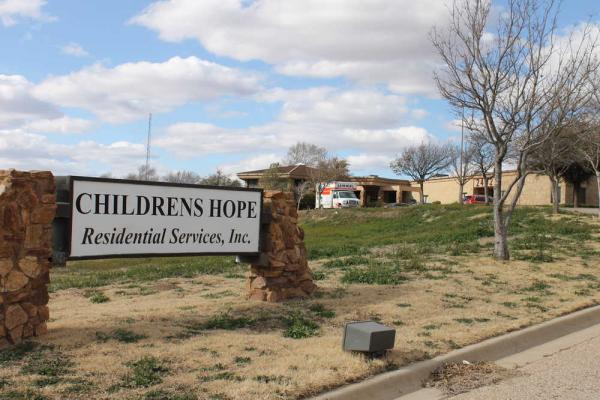
The outlook for foster children in Texas is grim as the state struggles to manage budget insufficiencies and an influx in kids taken from their homes. For the second time since 2007-08, foster children have been forced to sleep in the offices of Child Protective Services, according to a piece by The Dallas Morning News detailing the state’s broken foster care system.
Thousands more children are living in deplorable conditions in outdated facilities with “strong urine smells” and broken toilets. Reports of special needs foster children harming and wounding one another have emerged in at least two residential treatment centers run by Children’s Hope in Lubbock and Levelland.
Children are subjected to further emotional trauma by being continuously shuttled around from center to center, and in some instances, placed in facilities located hundreds of miles from their home communities.
16 foster children slept two nights or more in CPS offices
This, according to CPS workers and family court judges, is done out of desperation due to a lack in treatment center beds. Children are being traumatized as a result.
The state’s “foster care redesign” plan to build more foster homes and treatment centers located closer to kids’ communities has been unsuccessful so far. “Some blame lawmakers’ penny-pinching and unwise moves by state administrators, who botched an initial roll-out in west-central and northwest Texas.”
About 16 children were housed in CPS offices for two nights or more after officials, with little notice, removed dozens of kids from two residential treatment centers due to substandard living conditions.
“The children angrily recoiled over the disruption, scrawling graffiti and breaking bus windows,” according to child advocates and a lawyer for the center. After being relocated to a shelter 400 miles away, some of the children with developmental disabilities struggled for days to readjust, reported The Dallas Morning News.
“At root, the problem is that CPS workers can’t find enough slots in residential treatment centers for seriously psychologically damaged and developmentally delayed children.” As a result, they are routinely admitted to psychiatric centers in hospitals and placed on harmful psychotropic drugs.
Texas has difficulty reprimanding foster care centers for violations because it is overly dependent on each facility, and closing down even just one can have severe implications. “They know that stopping placement of children with a provider, terminating a center’s contract or revoking its license might set off a system-wide crisis.”
CPS reached “its version of code blue” in late January after officials determined they had “no choice but to remove kids from residential treatment centers” in Lubbock and Levelland.
“The state suddenly needed spots for 86 high-needs children — many of them with autism or intellectual and developmental delays. It simply didn’t have places to put them, said Patrick Crimmins, spokesman for CPS’ parent agency, the Department of Family and Protective Services.”
12,000 foster children kept in “squalid conditions” for more than a year
CPS spent $1.3 million to “hire an emergency contractor” in order to place the children in a foster care home in San Antonio, seven hours away, while workers scrambled to find a permanent replacement.
Several children unable to adapt to the stressful move were admitted to psychiatric wards. Among those moved from Lubbock included an 11-year-old girl removed from her birth family nearly three years ago because of emotional and physical abuse.
The girl had been shuffled around facilities on at least eight occasions. She was placed in a psychiatric ward and sedated upon arriving in San Antonio.
Smith County Family Court Judge Carole Clark, who presiding over the girls’ case objected to her upheaval and criticized a CPS lawyer for allowing her to be placed “back on the psychotropic medicines she’d been weaned from.”
“Removal is traumatic. You don’t want to do it ever [because] it is so bad for kids,” said Clark. But CPS argued they had no choice.
“We did what we believed was necessary for the children,” said Patrick Crimmins, a spokesman for CPS’ parent agency, the Department of Family and Protective Services.
This is not the first time officials were briefed on the unsatisfactory living conditions at Children’s Hope.
“Houston lawyer Paul Yetter, who helped bring the federal class-action suit on behalf of the 12,000 Texas children in long-term care, said Children’s Hope kept youngsters in squalid conditions – a fact the plaintiffs brought to light at trial, more than a year before CPS removed its children.”
Sources:

